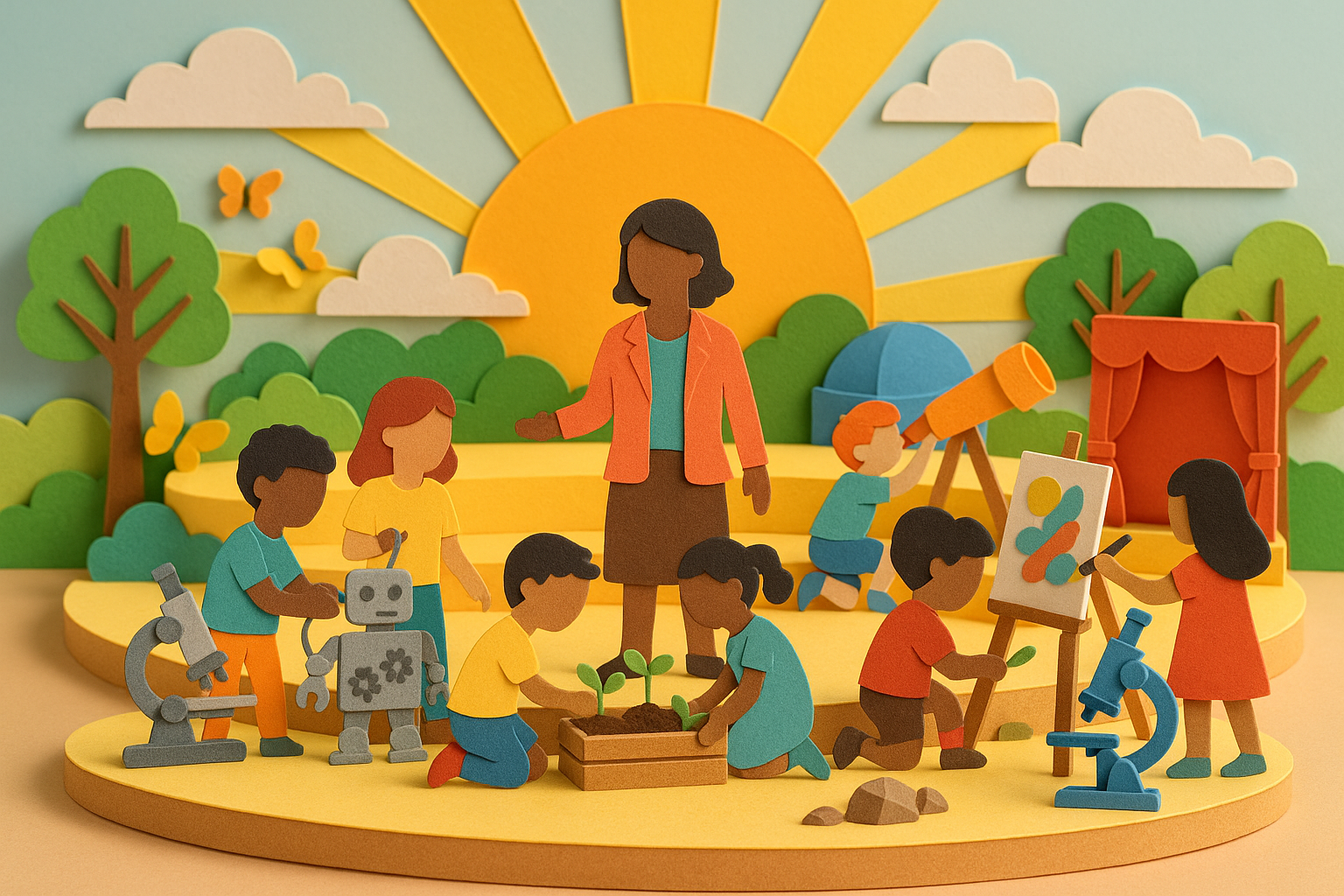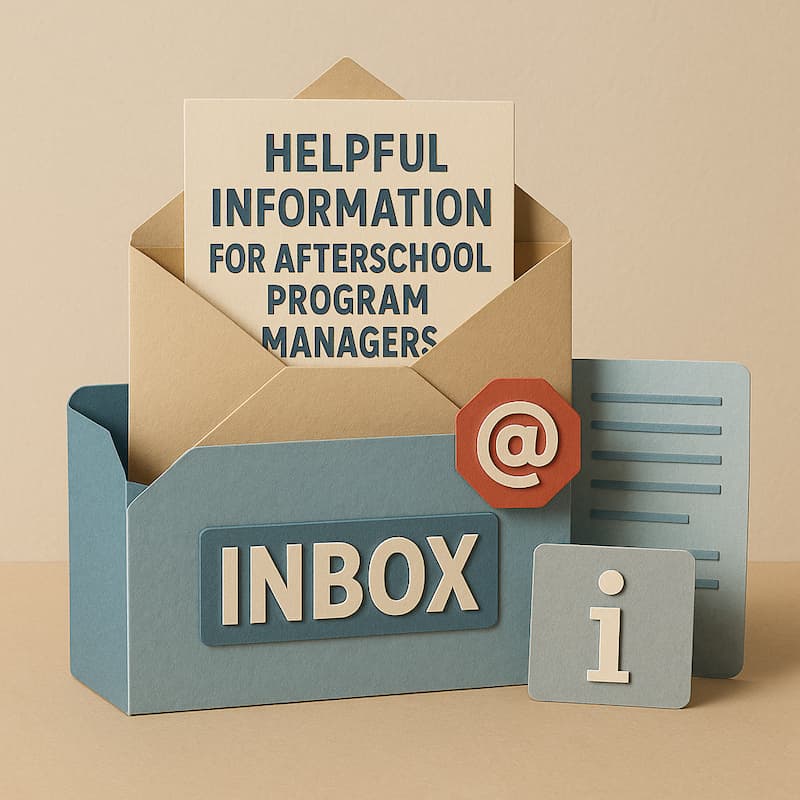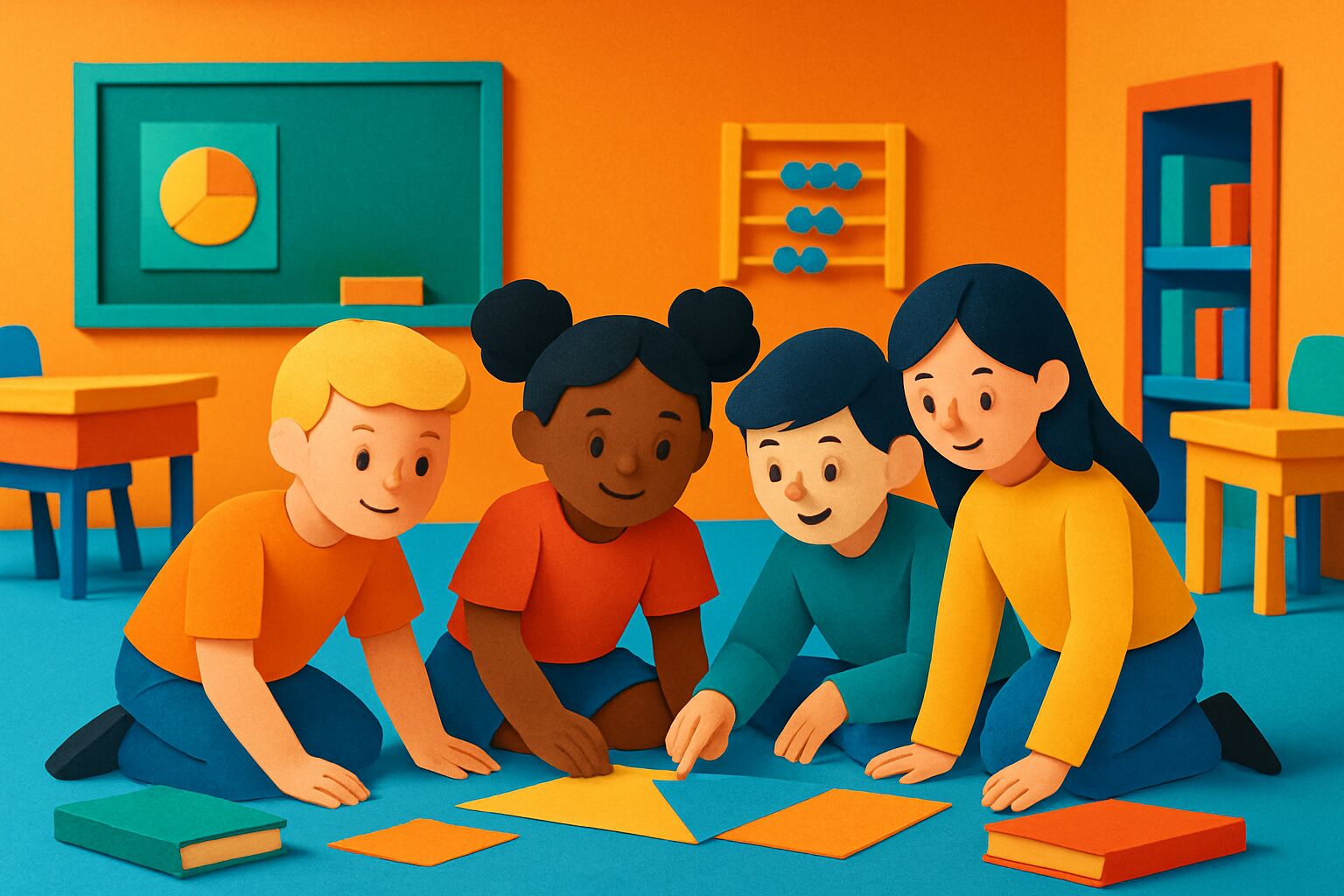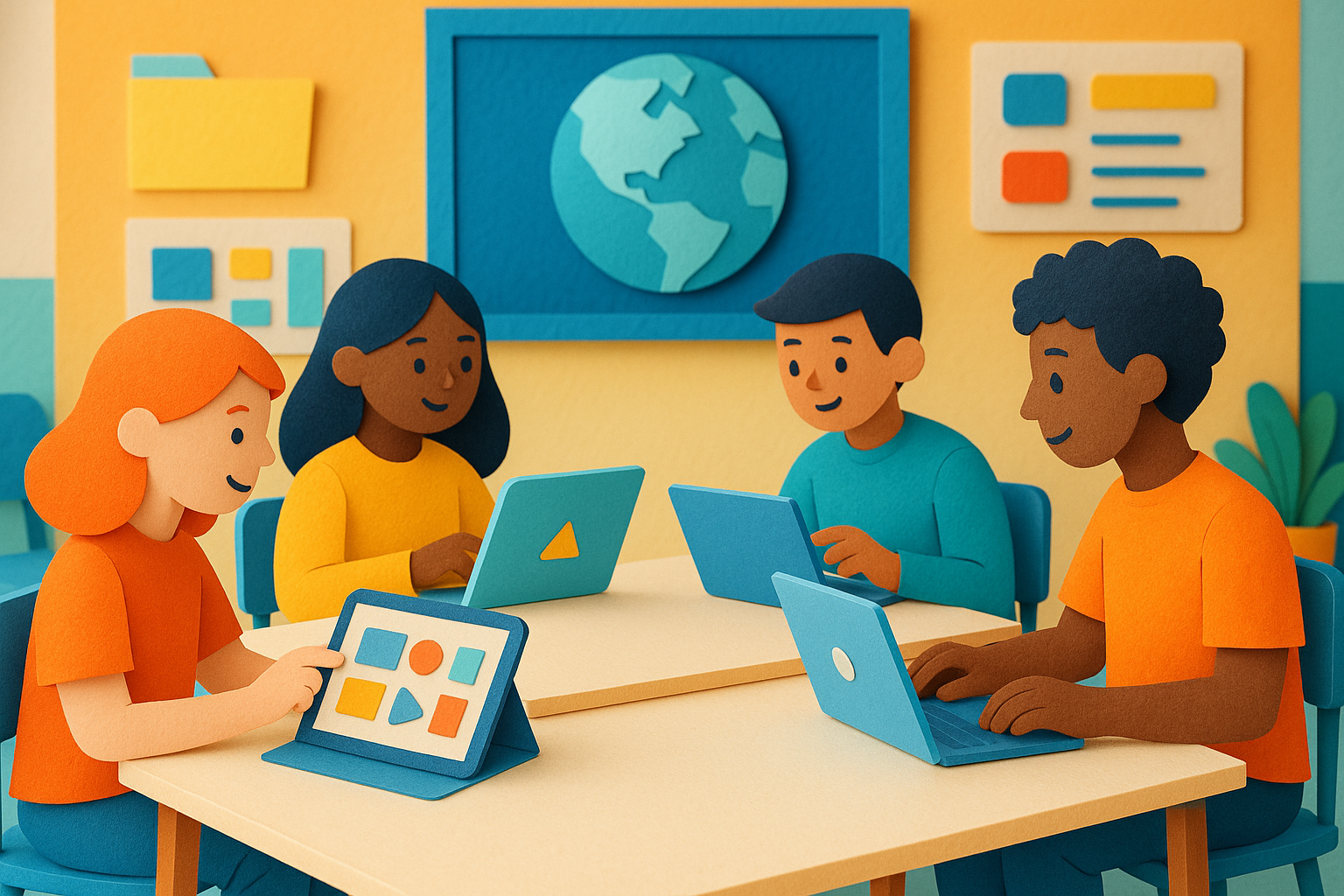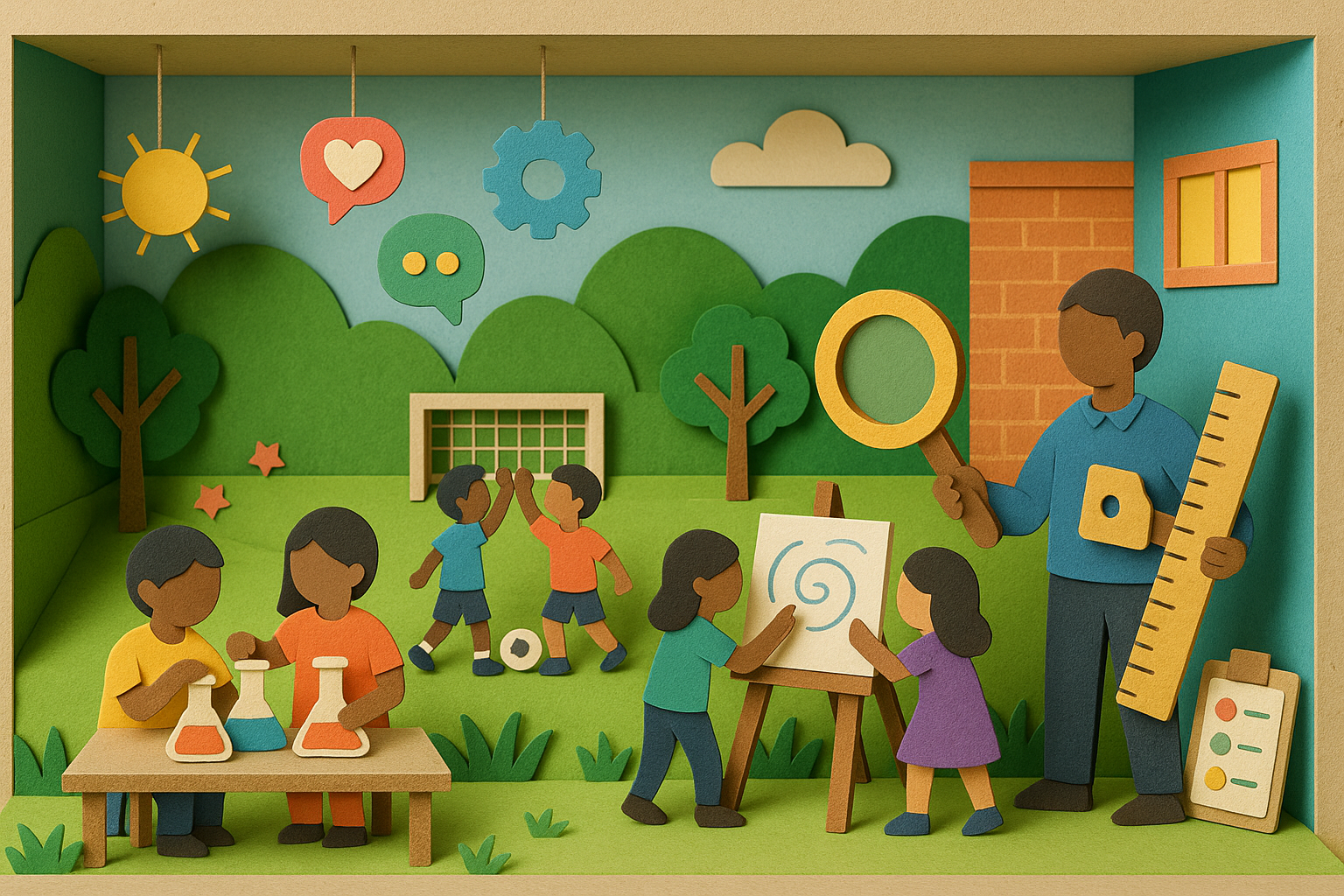How Enrichment in School Can Lead to Student Success
Academic enrichment programs are vital components of a well-rounded education, designed to enhance students’ learning experiences and challenge them intellectually. These programs go beyond the core curriculum, offering supplementary educational opportunities that can significantly impact student success.
Understanding Academic Enrichment Programs
Academic enrichment programs encompass a wide range of activities and initiatives that extend beyond traditional classroom learning. These programs are not limited to gifted students; they benefit all learners, including those who may need additional support or remediation.
Examples of academic enrichment programs include:
- Field trips
- Guest speakers
- Service learning projects
- Hands-on projects
- Problem-solving exercises
- Coding clubs and robotics workshops
- Project-based learning initiatives
- Social-emotional learning (SEL) activities
These programs aim to engage students both mentally and physically, fostering active participation in their education.
The Importance of Enrichment for All Students
Enrichment programs should not be reserved only for students considered “gifted.” While academically advanced students certainly benefit from these opportunities, it’s crucial to recognize that all student groups deserve access to enrichment activities. This inclusive approach helps address educational equity and provides valuable learning experiences for students across various academic levels.
For more information on how expanded learning improves educational equity, check out our article on how expanded learning bridges the gap for English learners & low-income students.
Benefits of Academic Enrichment Programs
- Enhanced Learning Experience: Enrichment activities provide students with opportunities to explore subjects in greater depth and apply their knowledge in practical, real-world contexts.
- Improved Student Engagement: By offering diverse and interactive learning experiences, enrichment programs can increase student motivation and participation in their education.
- Development of Critical Skills: These programs often focus on fostering critical thinking, problem-solving, and collaboration skills that are essential for future academic and career success.
- Personalized Learning: Enrichment activities can be tailored to individual student interests and learning styles, allowing for a more personalized educational experience.
- Increased Self-Confidence: As students explore new areas of interest and develop new skills, they often experience a boost in self-confidence and self-awareness.
- Bridging Achievement Gaps: Enrichment programs can help address learning gaps and provide additional support for students who may be struggling in certain areas.
Implementing Effective Enrichment Programs
To maximize the impact of academic enrichment programs, consider the following strategies:
- Align with Core Curriculum: Ensure that enrichment activities complement and reinforce the concepts taught in regular classes.
- Offer Diverse Opportunities: Provide a wide range of activities to cater to different interests and learning styles.
- Incorporate Technology: Leverage educational technology to enhance learning experiences and prepare students for the digital world.
- Foster Community Partnerships: Collaborate with local businesses, organizations, and experts to provide unique learning experiences and real-world connections.
- Emphasize Project-Based Learning: Encourage students to engage in long-term, interdisciplinary projects that develop critical thinking and problem-solving skills.
- Integrate Social-Emotional Learning: Include activities that promote empathy, resilience, and self-awareness to support students’ overall well-being.
- Utilize Data-Driven Insights: Implement tools like Attendly to track attendance and participation, allowing for data-driven decision-making and program improvement.
For more innovative approaches to academic enrichment programs, read our article on innovative academic enrichment programs.
The Role of Technology in Enrichment Programs
Modern technology plays a crucial role in enhancing academic enrichment programs. Platforms like Attendly can significantly streamline the management and effectiveness of these programs:
- Efficient Attendance Tracking: Attendly’s digital attendance tracking system eliminates manual processes, reducing administrative burden and improving accuracy. Learn more about after school attendance tracking.
- Real-Time Communication: With multi-language support, Attendly facilitates better communication between schools and families, ensuring all parents stay informed and engaged.
- Data-Driven Insights: Attendly’s reporting features provide valuable insights into program participation and effectiveness, allowing for continuous improvement.
- Streamlined Program Management: From registration to scheduling, Attendly simplifies the logistics of running enrichment programs, allowing educators to focus more on content and student engagement.
Conclusion
Academic enrichment programs are essential for fostering student success and providing a well-rounded education. By offering diverse learning opportunities, developing critical skills, and leveraging technology like Attendly, schools can create enriching experiences that benefit all students. As we continue to recognize the importance of these programs, it’s crucial to invest in their development and implementation, ensuring that every student has the opportunity to thrive and reach their full potential.
